Night Schools Nurture Skills, Minds

Chinese youth have been embracing a new way of enjoying nightlife during the past year. What have they been doing? Attending "night schools," after work, to acquire new skills. Night schools in China have experienced a resurgence in popularity. The wave of young people enrolling in night schools has been driven by the "students'" interests, as they are seeking to enrich their spiritual and cultural lives.
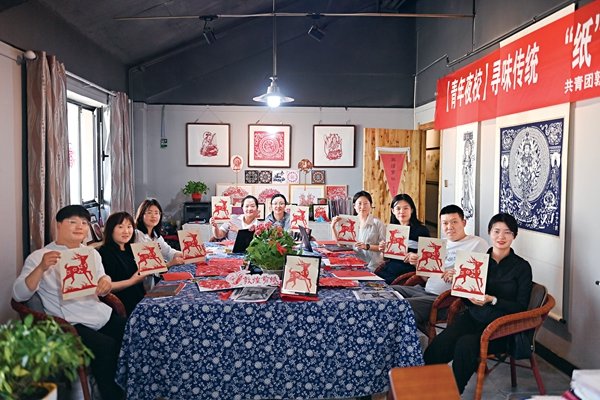
New Nightlife
Working during the day and attending classes at night is becoming a new way of life for many youngsters in China. The night-school craze came to the fore in Shanghai last autumn. During enrollment at Shanghai Citizen Night School for Arts, for the autumn 2023 semester, more than 650,000 people competed for 10,000 seats. That caused the enrollment platform to crash. Inspired by the success achieved in Shanghai, night schools have been springing up, rapidly, in other cities across the country.
Night schools are not new in China. Early organizations of the Communist Party of China, in different regions, established night schools during the 1920s, to help workers improve their cultural knowledge, and to inspire workers' political consciousness. Since the founding of the People's Republic of China, night schools have imparted knowledge, and they have provided professional skills to successive generations. From literacy and arithmetic, during the 1950s and 1960s, to hairdressing and vocational education, during the 1970s and 1980s, and then to microcomputers and foreign languages, at the turn of the century, night schools have enabled Chinese youth to obtain knowledge, acquire skills and find better work opportunities.
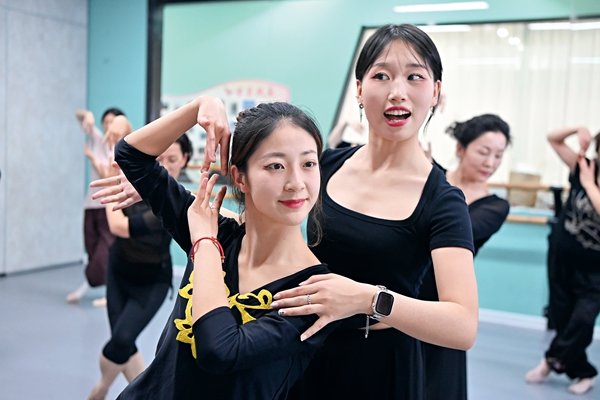
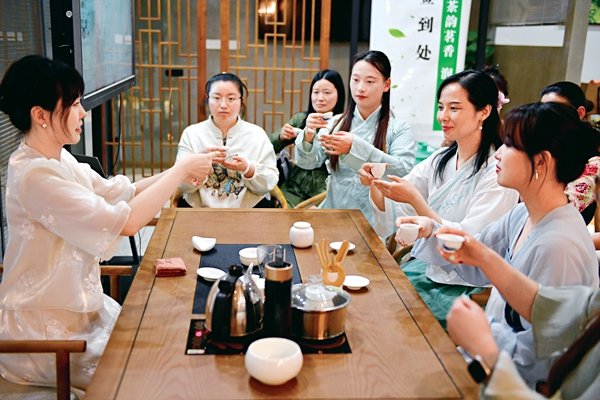
"Unlike how night schools mostly imparted knowledge to offer diplomas in the past, nowadays, night schools tend to provide interest-oriented courses, featuring artistic and cultural pursuits," Chen Yunzhe, chief expert of the Jiangsu Youth Development Research Base, has been quoted as saying.
Night schools now provide a diverse range of courses, from traditional art courses, such as dancing, painting and vocal training, to sports-related courses, such as yoga, tai chi and martial arts. Some night schools offer courses with modern features, including livestreaming, artificial intelligence and vlog filming.
Some night schools even provide courses with unique features, allowing students to experience the respective city's vibrant culture. For example, Zhiyuan Academy, the first public night school for young people in Beijing, has offered courses in Peking Opera and Jingtailan (a special cloisonne wrought of copper and porcelain) artwork. Jingtailan was one of the imperial handicrafts in Beijing.
Some schools in Hohhot (capital of North China's Inner Mongolia Autonomous Region) have offered courses in Mongolian and Thangka (a traditional Tibetan Buddhist scroll painting). As Central China's Hunan Province is a tea production area, some night schools in Changsha, capital of Hunan Province, offer tea-art courses.
Most of the night schools are organized by colleges, non-profit organizations, community centers and local committees of the Communist Youth League of China. Given the short supply of courses provided by public night schools, some entrepreneurs transformed their art-training centers into night schools, and some young people started their own night-school businesses.
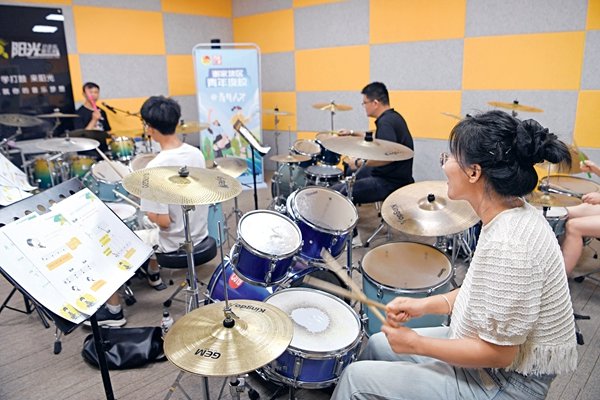
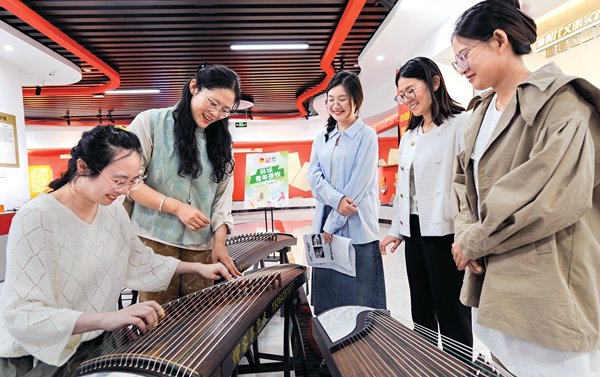
Cost-Effective Learning
Quality services and cost-effectiveness are important reasons why night schools have become popular with China's young people. "Our academy is under the Staff and Workers College of Dongcheng District. The academy invites teachers and professionals, from the college, to ensure the quality of the night school's classes. What's more, attendees get 10 lessons for only 500 yuan (US $70.42). Each two-hour class only costs the price of a cup of bubble tea," says Ge Haijing, vice-president of Zhiyuan Academy.
In first-tier cities, such as Beijing and Shanghai, commercial-training institutions often charge more than 200 yuan (US $28.17) for a street-dance or tea-art class. The cost of an instrumental-training course is much more expensive. Therefore, the low cost of the night schools' courses is a big attraction. "Far from spending nearly 1,000 yuan (US $140.85) for one or two trial training courses, the night school is more suitable for me," says a student, surnamed Yang, at Shanghai Citizen Night School for Arts.
Many night schools use public and/or communal facilities, which are idle at night, and they invite experts and professionals to give high-quality lessons, while keeping tuitions low. A night school in Shanghai invites a national, first-class actor to give Peking Opera classes, and it invites a chef, from a five-star hotel, to teach how to make pastries. A night school, in Beijing, even invites inheritors of national- and city-level intangible cultural heritage to give lessons and promote traditional Chinese culture.

Unsatiated Demand
"The relaxed learning atmosphere is a factor behind the popularity of night schools. Also, night schools are places where one can acquire new skills, develop new hobbies, and make new friends," says Shi Yuanyu, a graduate of Tianjin Academy of Fine Arts and co-founder of a night school in Nanjing, capital of East China's Jiangsu Province.
As the trend of young people enrolling in night schools continues sweeping the country, meeting the demands of youth is becoming a pressing issue. Many night schools have expanded capacity to better meet the youths' needs. Zhiyuan Academy, for example, offered eight courses during spring semester, including mobile photography, flower arrangement and latte art, and those courses served nearly 300 students. The academy will add eight courses, including moon-shaped fan, guqin (a plucked seven-string Chinese musical instrument), and baduanjin (a traditional form of Chinese aerobic exercise), during the autumn semester. As such, it will increase "student" enrollment by nearly 300.
"In the future, our academy will make great efforts to meet the diverse needs of young people to develop hobbies, improve quality of life, pursue spiritual fulfillment, and gain an edge in the competitive job market. We will make good use of the resources of the … college, to offer cost-effective, diverse and customized courses to the youth," concludes Ge.
Photos from VCG
(Women of China English Monthly September 2024)
Editor: Wang Shasha
Please understand that womenofchina.cn,a non-profit, information-communication website, cannot reach every writer before using articles and images. For copyright issues, please contact us by emailing: website@womenofchina.cn. The articles published and opinions expressed on this website represent the opinions of writers and are not necessarily shared by womenofchina.cn.








.jpg)

 WeChat
WeChat Weibo
Weibo 京公网安备 11010102004314号
京公网安备 11010102004314号